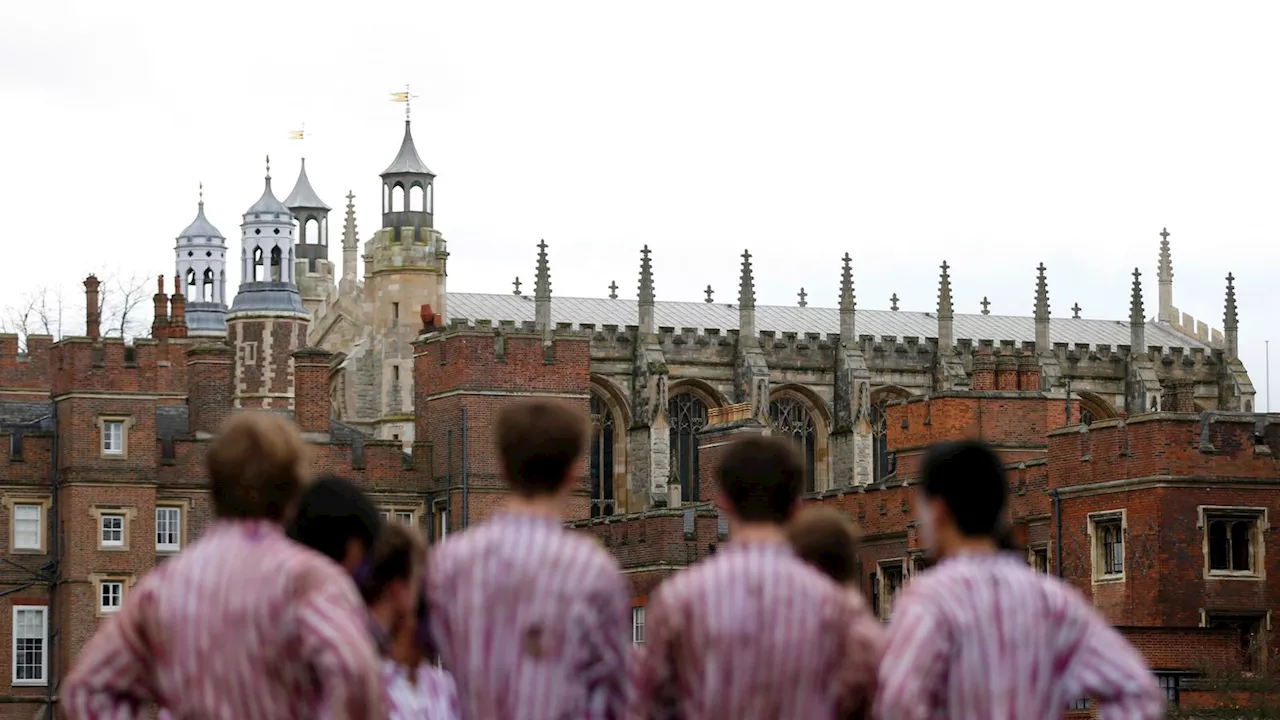Labour plans to end VAT exemptions and business rates relief for private schools to fund 6,500 new teachers in the state sector. The party argues that private school fees are 'clearly out of reach for most people' and that this investment will raise standards in state education.
The government has insisted that private school fees are 'clearly out of reach for most people' as ministers continue to defend their VAT policy. On Wednesday, Labour will scrap the VAT exemption and business rates relief for private schools in a bid to fund 6,500 new teachers in the state sector.
Education Secretary Bridget Phillipson last week suggested that middle class families are in support of the tax raid, insisting they have 'largely been priced out' of sending their children to private schools already. She told the Sunday Times this is 'why there is such support for our policy of ending the tax breaks that private schools enjoy to invest in state education'. Ms Phillipson said that the average cost of private school fees has risen to £18,000 annually. 'Middle class parents in good professional jobs with housing costs just can't afford that level of fee and they want brilliant state schools,' she added. Number 10 has reiterated that private school fees are 'clearly out of reach for most people', adding this is why 'it's right to invest money in state schools'. Sir Keir Starmer's spokesperson said the policy will allow Labour to raise standards in the state sector. The spokesperson stressed that 94% of pupils attend state schools, rather than private. The VAT policy is expected to raise around £1.5bn in 2025 alone - rising to £1.8bn by 2029 - and fund the recruitment of 6,500 new teachers. Sir Keir's spokesperson said the tax raid will 'mean more revenue invested into schools'. But it is also predicted that higher fees will force thousands of pupils out of private schools and into the state sector. The government has claimed this will only amount to 0.1% of the student population. Last week, Ms Phillipson claimed to be the 'voice of pushy middle-class parents' who have been priced out of private schools - and was met with harsh criticis
EDUCATION TAXATION LABOUR PARTY PRIVATE SCHOOLS STATE SCHOOLS
United Kingdom Latest News, United Kingdom Headlines
Similar News:You can also read news stories similar to this one that we have collected from other news sources.
 John Swinney warns Labour not to block plan to scrap two-child cap on benefitsThe SNP has pledged to mitigate the impact of the two-child cap in Scotland - without saying how much it will cost, or how long it will take to implement.
John Swinney warns Labour not to block plan to scrap two-child cap on benefitsThe SNP has pledged to mitigate the impact of the two-child cap in Scotland - without saying how much it will cost, or how long it will take to implement.
Read more »
 Labour MPs urge Starmer to scrap two-child benefit cap after SNP move‘It isn’t right - the PM needs to change direction’, says one Labour MP, as party figures praise move by rivals in Scotland
Labour MPs urge Starmer to scrap two-child benefit cap after SNP move‘It isn’t right - the PM needs to change direction’, says one Labour MP, as party figures praise move by rivals in Scotland
Read more »
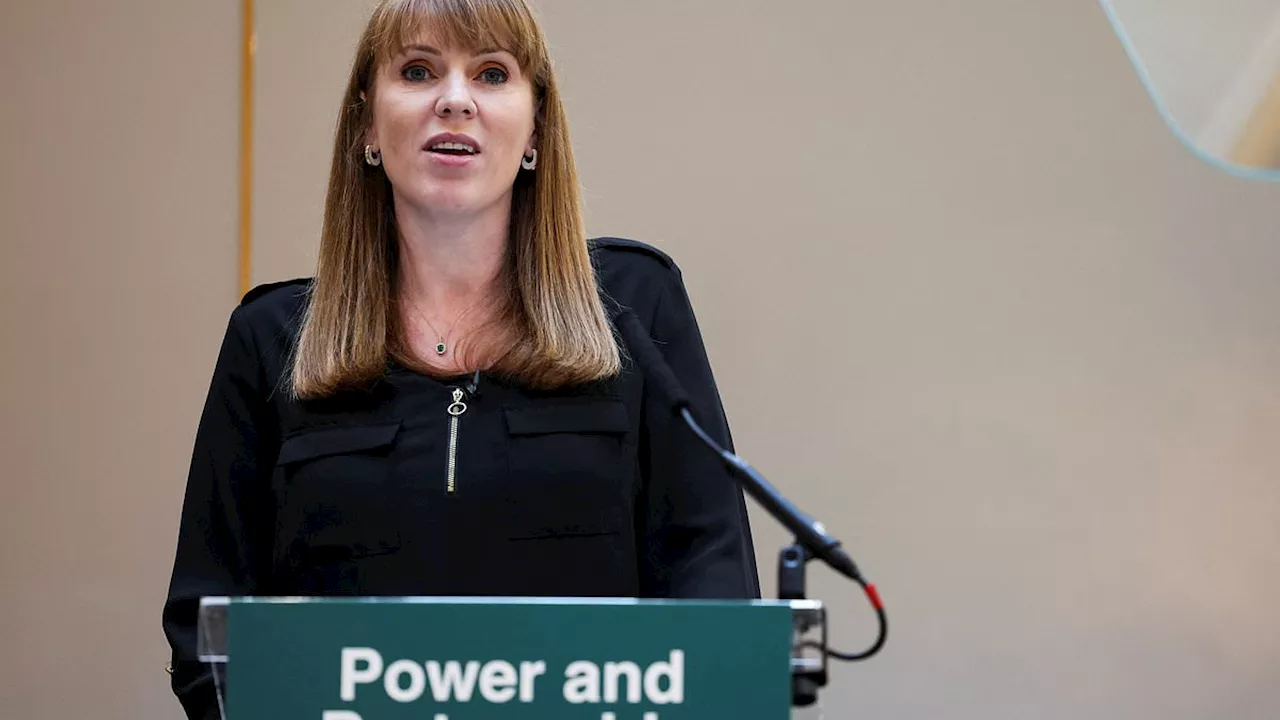 Labour's Devolution Plans Spark Fears of 'Super-Councils' and Tax HikesLabour's proposed reforms to local government are raising concerns about the creation of 'super-councils' and the potential for increased council taxes.
Labour's Devolution Plans Spark Fears of 'Super-Councils' and Tax HikesLabour's proposed reforms to local government are raising concerns about the creation of 'super-councils' and the potential for increased council taxes.
Read more »
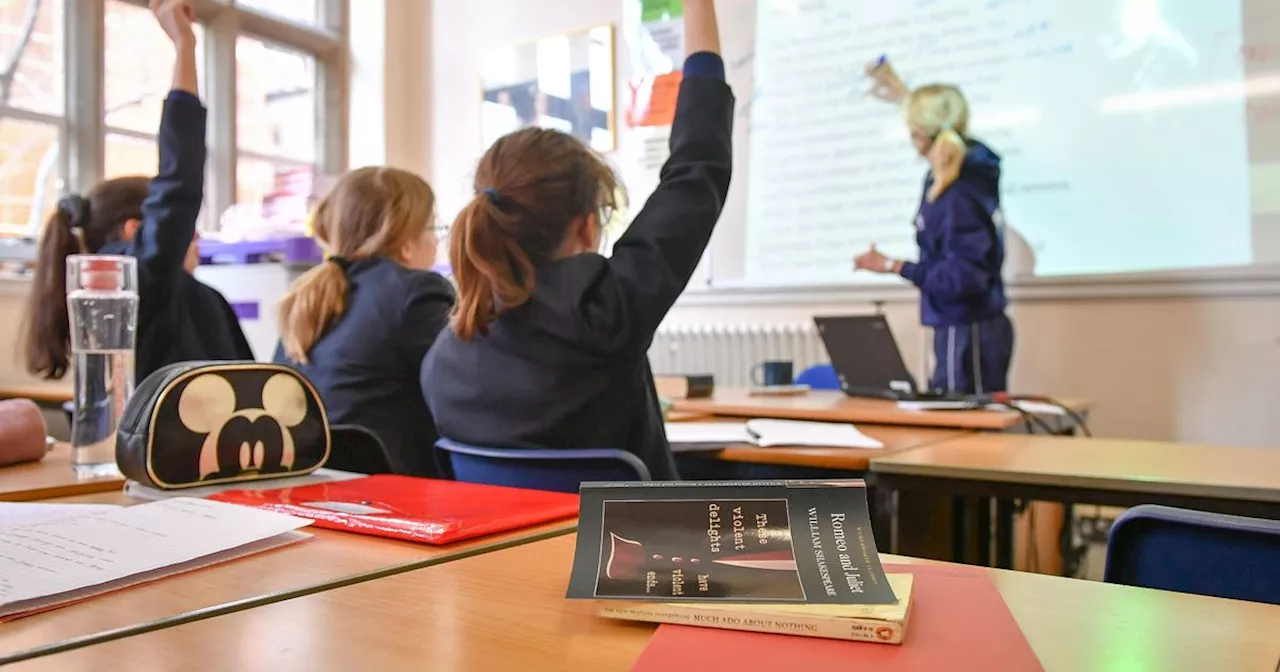 Private School Tax Breaks to End in 2025 to Fund State EducationThe UK government will end tax breaks for private schools in 2025, adding a 20% VAT to education and boarding fees. This move aims to boost funding for state schools, where the majority of children are educated, by an estimated £1.7 billion annually by 2029/30.
Private School Tax Breaks to End in 2025 to Fund State EducationThe UK government will end tax breaks for private schools in 2025, adding a 20% VAT to education and boarding fees. This move aims to boost funding for state schools, where the majority of children are educated, by an estimated £1.7 billion annually by 2029/30.
Read more »
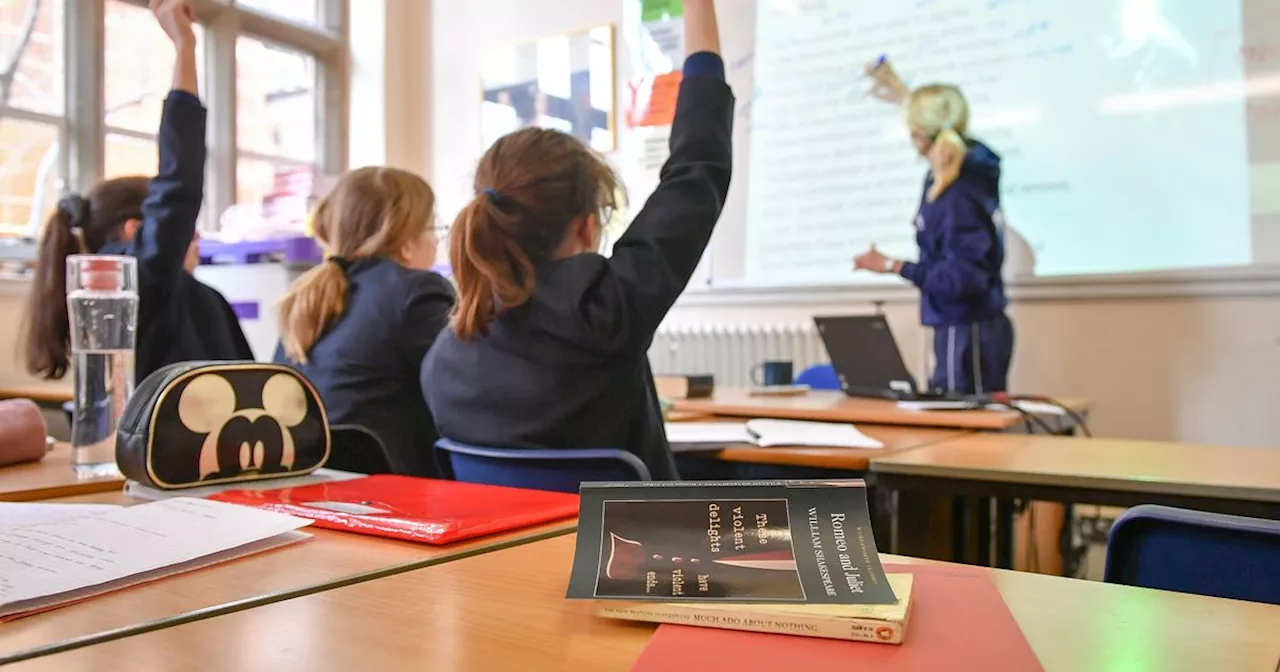 Private School Tax Breaks to End in 2025, Boosting State Education FundingChancellor Rachel Reeves announced the end of tax breaks for private schools in 2025, with VAT being added to education and boarding fees. This move aims to provide a significant funding boost to state schools, where the majority of children are educated. The government expects to raise £1.5 billion in 2025-26, rising to £1.7 billion annually by 2029/30.
Private School Tax Breaks to End in 2025, Boosting State Education FundingChancellor Rachel Reeves announced the end of tax breaks for private schools in 2025, with VAT being added to education and boarding fees. This move aims to provide a significant funding boost to state schools, where the majority of children are educated. The government expects to raise £1.5 billion in 2025-26, rising to £1.7 billion annually by 2029/30.
Read more »
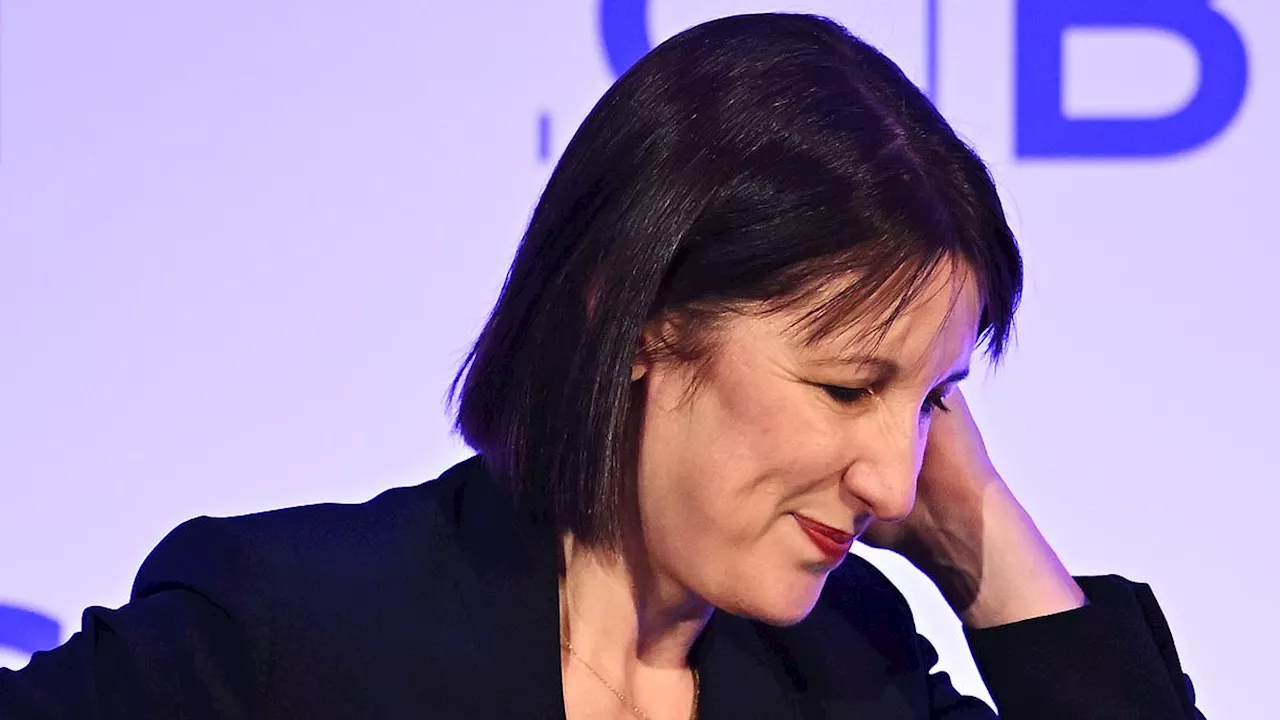 UK Business Confidence Hits Record Lows Following Labour's Tax-Hiking BudgetBusiness confidence in the UK has hit record lows, according to a survey by the Institute of Directors, with optimism about the economy plummeting to levels last seen during the start of the COVID-19 pandemic.
UK Business Confidence Hits Record Lows Following Labour's Tax-Hiking BudgetBusiness confidence in the UK has hit record lows, according to a survey by the Institute of Directors, with optimism about the economy plummeting to levels last seen during the start of the COVID-19 pandemic.
Read more »
